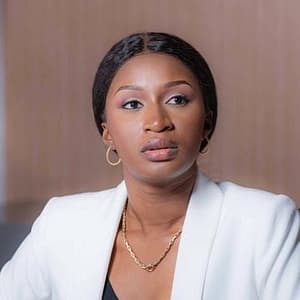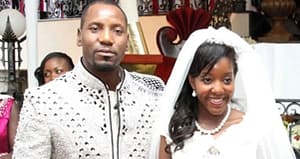SA: Zim victim of sex slavery says raped, and work as a prostitute for 4 years
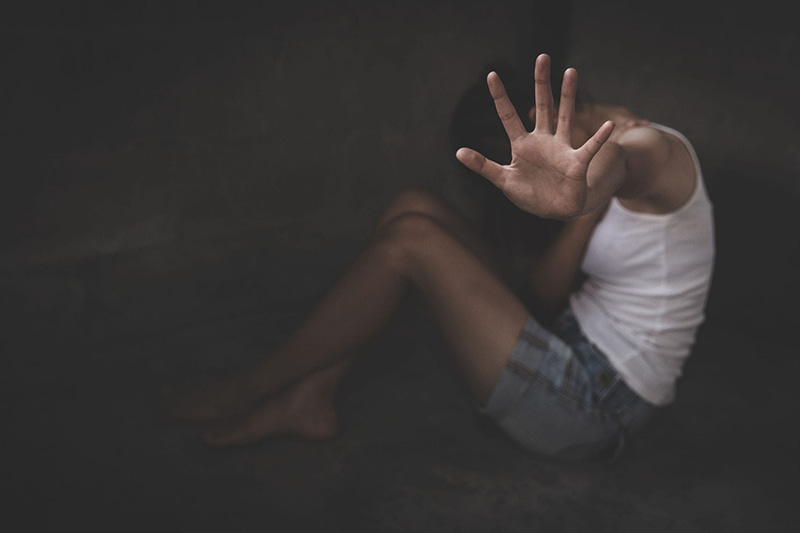
SOUTH AFRICA: At first, when Valerie Madondo was arrested she was relieved.
Finally she was free, she thought – free from four years of being raped and abused and from the drugs her captors had forced on her constantly. But her nightmare was far from over.
She was released from police custody when a group of people came to fetch her – but those people were the very ones who’d been holding her captive.
Valerie’s story puts a human face on the scourge of human trafficking in South Africa, where people – usually women and children – are held captive in a depraved underworld where sex and drugs rule.
In recent years, SA has seen a spike in cases of human trafficking. The victims, girls and women often undocumented foreigners from neighbouring African states, tend to be voiceless. Either without anyone working tirelessly to have them free, or without loved ones with means to save them.
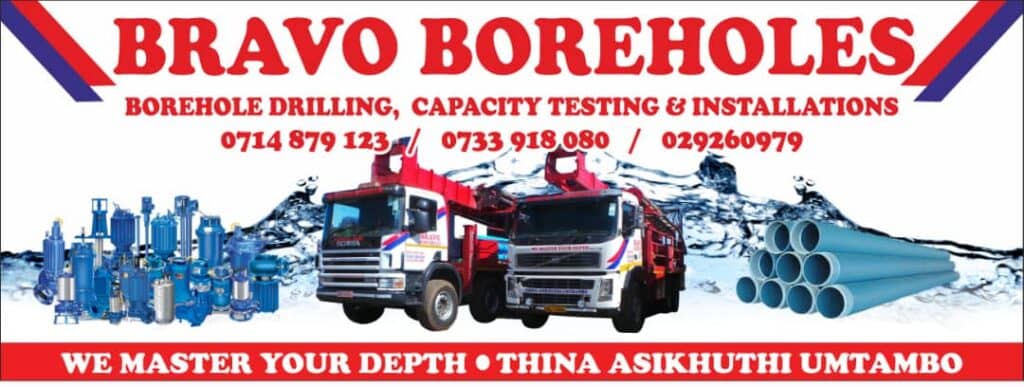
“For every 130 girls or women on the planet, one is a modern slave,” says Grace Forrest, founder and director of Walk Free, an international human rights organisation focused on ending modern slavery.
Valerie came to Pretoria from Zimbabwe in 2010, hoping to find work to support her two young boys back home in Masvingo, the then-29-year-old Valerie told Drum in 2017.
She found odd jobs as a domestic worker and a street vendor. When a group of South African women she knew in passing told her they could arrange an interview for her for a job at a supermarket in Johannesburg, she leapt at the opportunity.
This could be the break she’d been hoping for, she thought, a good job with a regular salary. But there was no job – instead her “helpful” acquaintances were selling her as a sex slave to a syndicate that dealt in prostitutes and drugs.
Forced to work as prostitute
She went to Rosettenville for the “interview” where she was drugged and gang raped, locked up and barely given enough food to survive. Her attempts to escape were futile as she was too drugged up to get very far from the dilapidated house where she and other young women were forced to work as prostitutes.
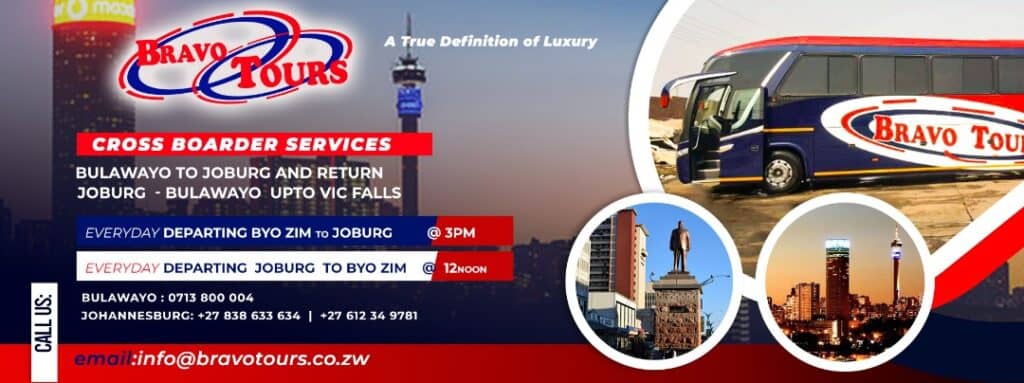
Valerie and the other women were allowed out to sell drugs for their captors and it was in 2014, four years after Valerie was abducted, that she was arrested by police for selling the very substances she had become addicted to.
“Modern slavery,” according to the NGO, “is an umbrella term, which encompasses several types of exploitation, including forced labour, human trafficking and forced marriage.”
World Day Against Trafficking is marked annually on 30 July to educate people that practices such as ukuthwala, forced labour and recruiting someone for making them a drug mule or for forced labour and/or sex is a criminal offence.
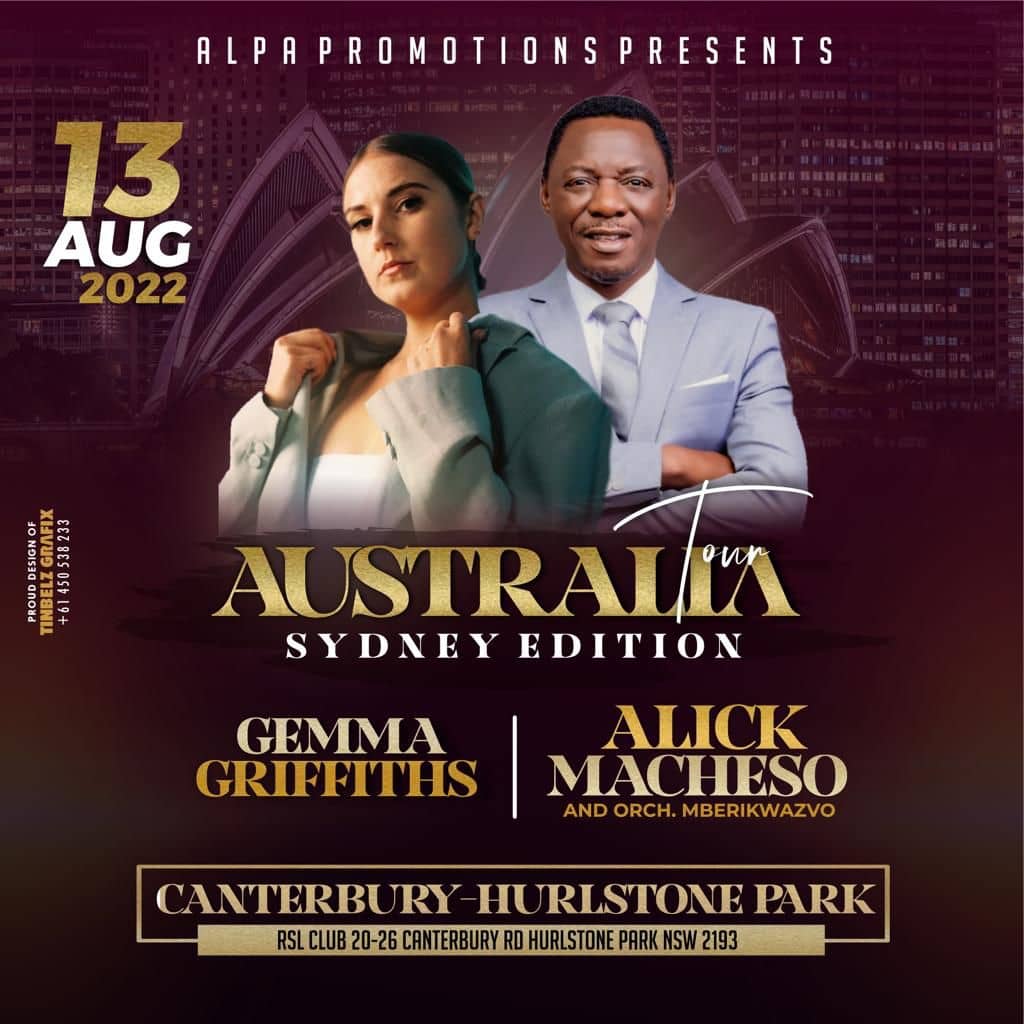
The cops, Valerie told Drum in 2017, weren’t interested in her story and the Zimbabwean felt even more hopeless and helpless.
However, then minister of police Fikile Mbalula, speaking after the recent return home of Princess Mahlangu, a Bloemfontein woman who was trafficked to Malaysia, vowed cops would treat all information about the trafficking of women seriously going forward.
“If someone says they have been trafficked, the police must investigate and prove otherwise if it’s not,” he said.
Captors bribed police to release her to them
Valerie at the time alleged her captors bribed the police officers to release her before she could be charged. She was taken back to her personal hell where she was forced to have sex with more men to make up for the money he hadn’t made while she was in custody.

There are no accurate figures of how many women and children are subjected to the kind of ordeal Valerie found herself in, but experts estimate thousands of people have been trafficked in similar circumstances in South Africa.
Human trafficking is on the rise, according to Marcel van der Watt, an expert in the field of organised crime, human trafficking, and sexual exploitation.
“Anti-trafficking legislation came in 2015 but I can tell you the cases of human trafficking in South Africa are increasing.
“The absence of reliable statistics means there is no clarity on how big the problem is,’’ adds Van der Watt.
“A lot of women we have supported face two nightmares – the brutality of slavery-like conditions and, post-escape, getting officials to believe them or, even worse, finding themselves imprisoned for crimes their traffickers forced them to commit,” according to Shenaaz Khan from Recovery Life Institute, a non-profit counselling centre in Robertsham in the south of Johannesburg.
Traffickers use major SA cities as a transit point to Europe. Often rural children who are exploited have been offered the false “opportunity” of an education or a better life, according to the International Organisation for Migration.
Anti-trafficking campaigners and NGOs believe more than 30,000 children are trafficked into the country each year for the sex trade.
–The Voice
